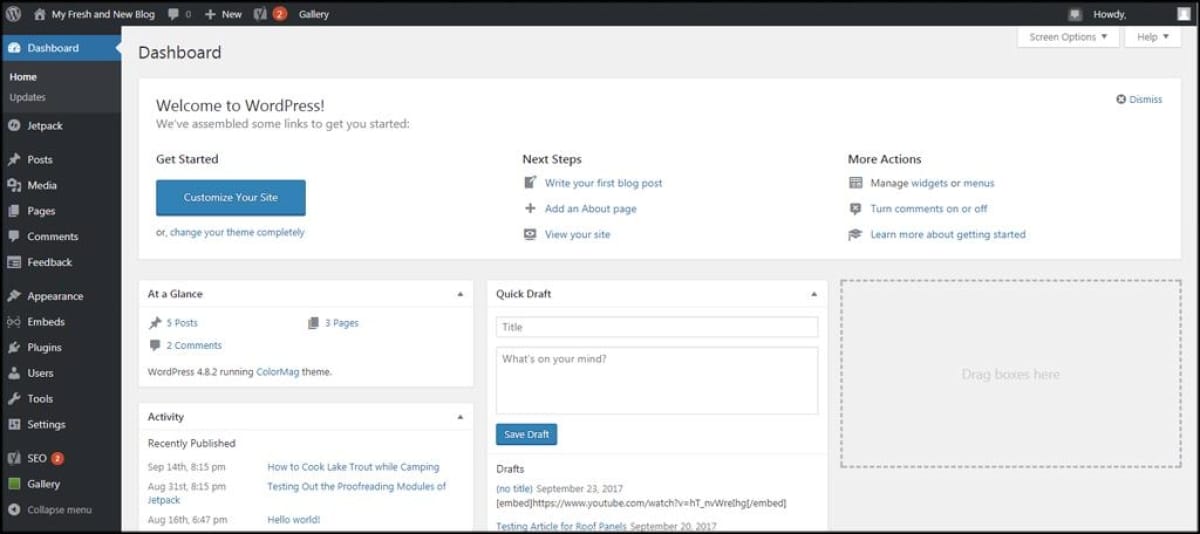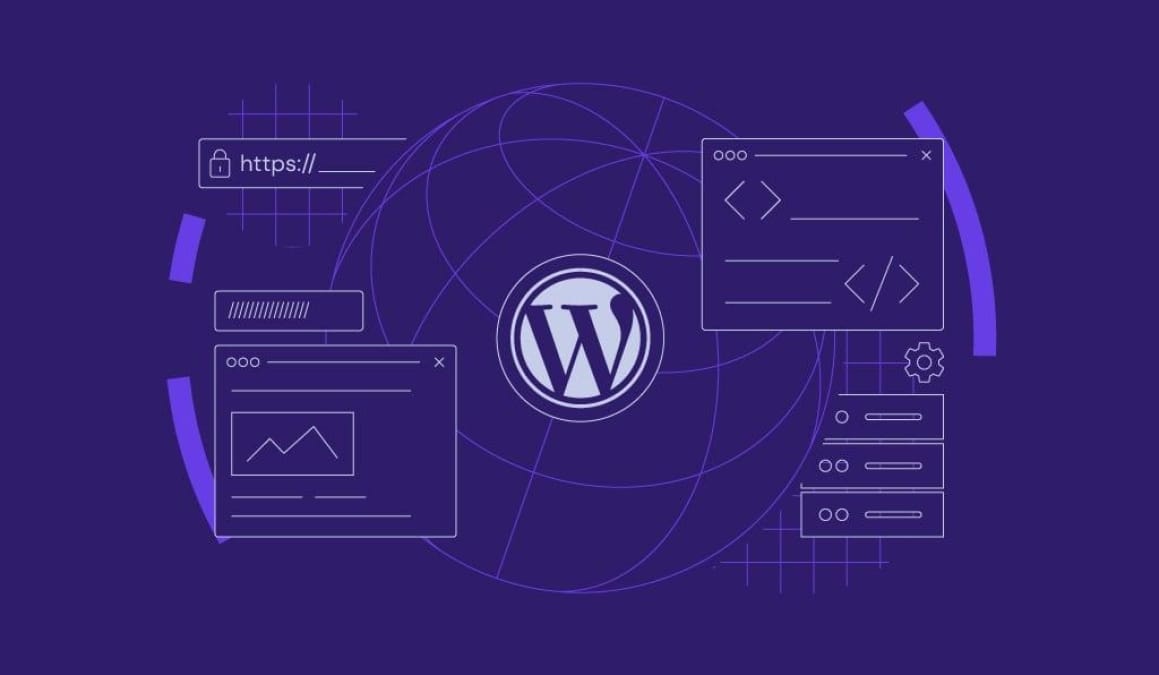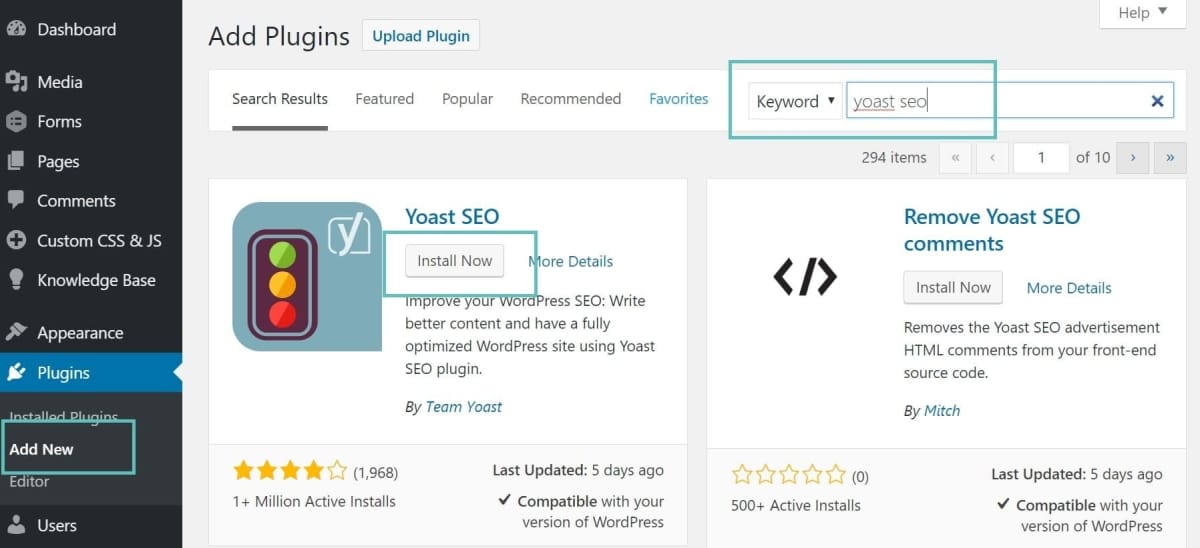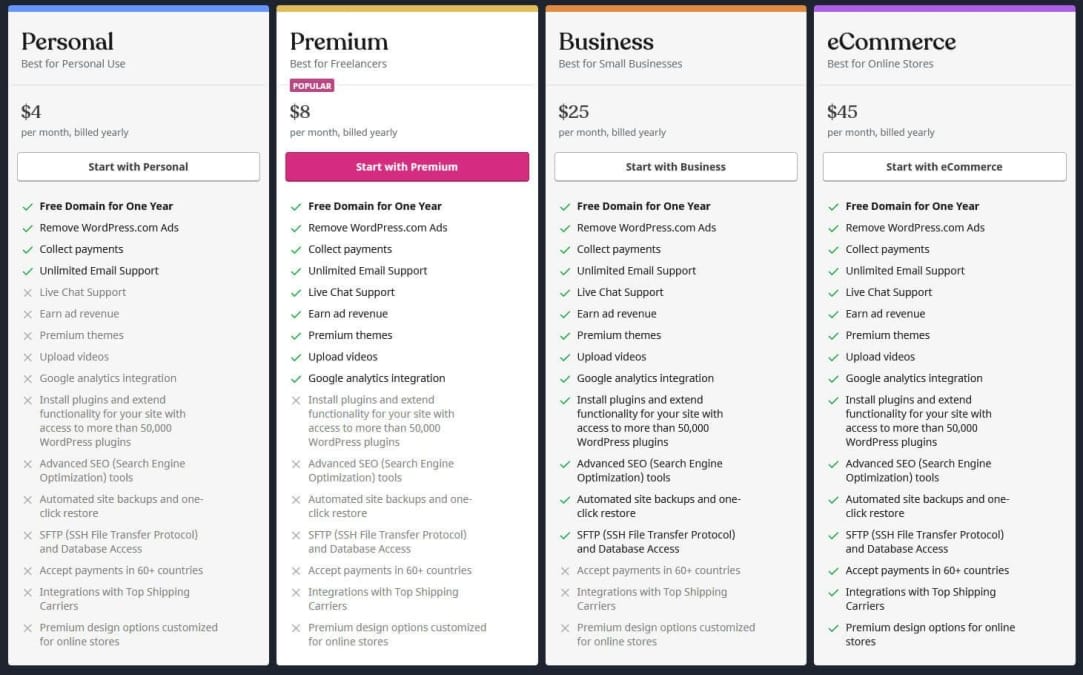As someone who has spent countless hours navigating the vast ecosystem of WordPress plugins, I understand how overwhelming it can be to find the right tools for your website. whether you’re looking to enhance functionality, improve SEO, or streamline your site’s performance, the right plugins can make a critically important difference. In this guide, I’ll walk you through the process of finding the perfect plugins for your needs by focusing on:
- Identifying your website’s specific requirements
- Evaluating plugin quality and reliability
- Ensuring compatibility with your current setup
- Best practices for plugin management
By sharing my insights and experiences, I aim to help you make informed decisions that will enhance your WordPress site’s functionality and user experience.

table of Contents
- How to Search for the best wordpress Plugins to Enhance Your Site
- Key Features to Look for in WordPress Plugins That Boost Business Performance
- Top recommended Plugins for Small Business Websites in 2023
- Tips for Evaluating WordPress Plugins: Ensuring Quality and Compatibility
- Common Pitfalls to Avoid When Choosing Plugins for Your WordPress Site
- Q&A
- In Retrospect
How to Search for the Best WordPress Plugins to Enhance Your Site
Exploring the WordPress Plugin Directory is my next step. I utilize the search bar effectively, applying relevant keywords to find potential plugins. Additionally,I take advantage of the directory’s filtering options to sort plugins by popularity,ratings,and recent updates. Here’s a quick overview of the criteria I prioritize:
| Criteria | why It Matters |
|---|---|
| User Ratings | High ratings frequently enough indicate reliability and user satisfaction. |
| Active Installations | Plugins with more active users are generally more trusted and tested. |
| Last Updated | Regular updates ensure compatibility with the latest WordPress versions and security standards. |
Beyond the directory, I read through individual plugin reviews and support discussions to get a sense of real-world performance and developer responsiveness. It’s crucial to assess whether a plugin is maintained regularly and if the developers are active in addressing issues.Additionally, I verify compatibility with my current theme and other plugins to avoid conflicts that could disrupt my site’s functionality.
I evaluate the potential impact of a plugin on my website’s performance. I frequently enough install plugins on a staging site first,allowing me to test their effects on load times and overall site speed without affecting the live environment. Monitoring tools help me ensure that each plugin contributes positively to the user experience without introducing needless bloat or slowing down the site.

Key Features to Look for in wordpress Plugins That Boost Business Performance
When selecting plugins, I prioritize those that enhance site performance. A sluggish website can deter potential customers and hurt your search engine rankings. I always check the plugin’s impact on load times by reviewing its code efficiency and testing it with tools like Google PageSpeed Insights. Opting for lightweight plugins ensures that your site remains responsive and delivers a seamless user experience, which is crucial for maintaining high engagement and conversion rates.
Security features are non-negotiable in my evaluation process. I look for plugins that adhere to best security practices, including regular updates and active maintenance by the developers. Additionally, plugins with built-in security measures, such as data encryption and protection against common vulnerabilities, provide an extra layer of safety for your business and customer data. Ensuring your plugins are secure helps in safeguarding your website from potential threats and maintaining your reputation.
Compatibility and regular updates are essential factors I consider to ensure long-term functionality. I verify that the plugin is compatible with the latest version of WordPress and other existing tools on your site. Active developers who release frequent updates signify a commitment to improving the plugin and addressing any emerging issues. This proactive approach minimizes downtime and ensures that your website remains stable and up-to-date with evolving web standards.
Lastly, excellent support and documentation make a significant difference. I prefer plugins that offer thorough guides, tutorials, and responsive support teams. This readily available assistance can expedite the troubleshooting process and help you fully utilize the plugin’s features. Additionally, plugins that are user-pleasant and easily customizable allow for greater adaptability in tailoring functionalities to meet your specific business needs.

Top Recommended Plugins for Small Business Websites in 2023
Choosing the right plugins can transform your small business website, making it more functional and user-friendly. Over the years, I’ve curated a list of essential plugins that cater specifically to the needs of small enterprises. From enhancing your site’s SEO to ensuring top-notch security, thes tools have consistently delivered reliable performance.
When it comes to search engine optimization, Yoast SEO is indispensable. It offers comprehensive features like keyword optimization, readability checks, and sitemap generation, which have helped my clients improve their search rankings significantly. Additionally, integrating Google Site Kit provides valuable insights into your website’s performance, consolidating data from Analytics, Search Console, and AdSense in one place.
Security should never be an afterthought. I highly recommend Wordfence Security for its robust firewall protection and real-time threat defence.Coupled with UpdraftPlus for automated backups,these plugins ensure that your website remains secure and that your data is always recoverable in case of any issues. Maintaining these safeguards has given me peace of mind and that of my clients.
For businesses looking to sell products or services online,WooCommerce is the go-to solution. Its flexibility and extensive range of extensions allow you to customize your store to fit your specific needs. complementing this, WPForms simplifies the creation of contact forms, surveys, and order forms with its intuitive drag-and-drop interface. these plugins together enhance both the functionality and user experience of your website.

Tips for Evaluating wordpress Plugins: ensuring Quality and Compatibility
When I set out to choose a new plugin, the first thing I always check is the user ratings and reviews.This feedback from other users offers invaluable insights into the plugin’s reliability and functionality. I pay close attention to comments about any recurring issues or outstanding features, which helps me gauge whether the plugin will meet my specific needs.
Equally significant is ensuring the plugin is actively maintained and compatible with the latest version of WordPress. I review the update history to see how frequently the developer releases updates and addresses bugs. A plugin that’s regularly updated is more likely to remain secure and compatible with other themes and plugins I use.
Another critical factor is the level of support and documentation provided. I prefer plugins that offer comprehensive documentation and responsive support channels. This is crucial when troubleshooting or customizing the plugin to fit my website’s unique requirements. Good support can save a lot of time and frustration down the line.
I also consider the performance impact of a plugin on my website.To evaluate this,I review any available performance metrics and,if possible,test the plugin in a staging environment. Here’s a quick reference table I use to assess plugin performance:
| Criteria | Assessment |
|---|---|
| Load Time | Minimal impact on page speed |
| Resource Usage | Efficient memory and CPU usage |
| Compatibility | Seamless integration with existing plugins |

Common Pitfalls to Avoid When Choosing Plugins for Your WordPress Site
one of the first mistakes I see is prioritizing the number of features over performance. Plugins laden with unnecessary functionalities can significantly slow down your site. Always consider plugins that are lightweight and optimized for speed. Look for those that prioritize efficiency without compromising essential features.
Security should never be an afterthought. I always ensure that any plugin I choose is regularly updated and supported by its developers. Outdated plugins can become vulnerable points of entry for malicious attacks.Additionally, avoid plugins from unknown sources and check reviews to gauge their reliability and safety.
Compatibility issues are another common pitfall.A plugin might work perfectly on its own, but conflicts can arise when it’s used alongside other plugins or your current theme. Before installing, verify that the plugin is compatible with your version of WordPress and other essential plugins you’re using. Testing in a staging environment can help identify potential conflicts without affecting your live site.
Lastly, beware of plugin bloat. Relying on too many plugins can make your site harder to manage and more prone to issues. I recommend evaluating whether a plugin is truly necessary or if its functionality can be achieved through existing tools or custom code. By keeping your plugin list lean, you maintain better control over your site’s performance and security.

Q&A
Frequently Asked Questions
What are WordPress plugins?
wordpress plugins are add-ons that extend the functionality of your website. I’ve found that they can transform a basic site into a powerful tool tailored to your specific needs, whether it’s for SEO, e-commerce, or enhancing user experience.
How do I find the right plugins for my site?
When searching for plugins, I start by identifying the functionality I need. Using the WordPress plugin Directory is a grate first step, and reading user reviews and ratings helps me gauge their reliability and effectiveness.
What are the best practices for selecting plugins?
I always prioritize plugins that are regularly updated and have strong support. Checking compatibility with your WordPress version and ensuring the plugin is well-reviewed can save you from potential issues down the line.
How do I install a WordPress plugin?
Installing a plugin is straightforward. In my experience, I navigate to the Plugins section in the WordPress dashboard, click ‘Add New,’ search for the desired plugin, and hit ‘Install Now.’ After activation, configuring the settings is usually the next step.
How should I manage and update my plugins?
Regular updates are crucial for security and performance. I make it a habit to check for updates weekly and update plugins as needed. Additionally, deactivating and deleting unused plugins helps keep the site running smoothly.
Are there free and premium plugins available?
yes, WordPress offers both free and premium plugins.Free plugins are excellent for basic functionality, while premium ones often provide advanced features and dedicated support. I evaluate my site’s needs to decide which type suits me best.
How can I ensure plugin compatibility and security?
To maintain compatibility, I always check if a plugin is compatible with the latest WordPress version. For security, choosing plugins from reputable developers and keeping them updated minimizes vulnerabilities.
In Retrospect
Navigating the vast selection of WordPress plugins can be overwhelming, but with the right approach, you can enhance your website’s functionality seamlessly. I encourage you to take the time to explore and experiment with different plugins to find the ones that best suit your needs. Remember,the key is to balance features with performance to maintain a smooth user experience. If you ever feel stuck or need personalized advice, don’t hesitate to reach out to the team at Novatixel. We’re here to help you build a robust and efficient online presence.






